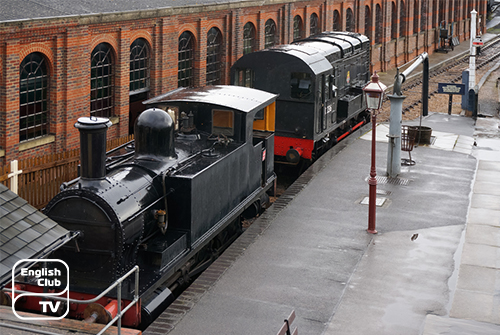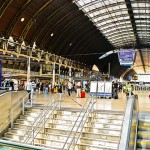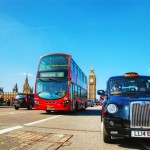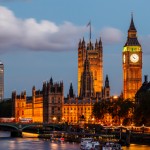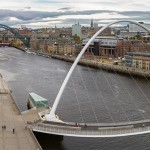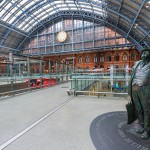During the years between 1994 and 1997 saw the privatisation of rail services in Britain. Railtrack received maintenance, construction, and development of infrastructure while private operators got ownerships of running the passenger transportation. Twenty-five private operators initially ran the passenger operation and six other companies received cargo services, and later five of them were brought under one company.
At present, the Department for Transport contracts passenger rail services to private enterprises. But the Merseyside Passenger Transport Executive controls the contracts for Merseyrail, and the Scottish Government advises the Department for Transport in contracting the ScotRail franchises. About twenty-five train franchises, some very small, are in operation now in Britain. The Stagecoach and First groups control many franchises, and some local operators run the passenger services outside these franchise: two of them are the Hull Trains and the Heathrow Express.
A glimpse of the past of the British trains will be the Puffing Billy locomotive. Timothy Hackworth and William Hedley designed Puffing Billy in 1983. It comprised the upward piston rods that joined pivoting beams. Those connected to rods and then to a crankshaft. This mechanism drives the gears that are used for braking and releasing the gears. George Stephenson in 1814 updated Puffing Billy and named it Blucher – the first single-flanged wheels produced in the world. Locomotion No 1 that Stephenson designed in 1825 was the first in the world that transported passengers.
In the modern world, Britain boasts of state of the art trains. Gatwick Express that runs to Gatwick Airport, South East England from London Victoria began its service in 1984. At present, the merged Southern, and Gatwick Express called the Govia Thameslink Railway operates the Gatwick Express. Starting from 2016 January, Gatwick Express accepts contactless payments and Oyster Cards for travelling.
The Heathrow Express runs from the Heathrow Airport to Paddington. The service first started in 1998. The Heathrow Express Operating Company of Heathrow Airport Holdings ( open access) is solely owned and run by the Heathrow Express Airport Rail Link service. This rail service employs Class 332 electric units that CAF/Siemens builds. Passengers can use mobile phones while they travel on this line including in the tunnels. Sky News telecasts ads, news and weather forecasts. Journeys between the Heathrow stations is provided for standard class travel for free. There is a slow service of which charges are somewhat lower than the express one. Airport employees get discounts via the computer programmes of the Airport.
The Stansted Express runs directly from London Liverpool Street to the London Stansted Airport. Greater Anglia Franchise currently provides Stansted Express Train Service. The service provides conventional tickets with passengers, unlike its counterparts the Heathrow and Gatwick Expresses which require premium tickets. They offer several types of tickets like Standard, First Class, Business, Single, and Return tickets. Many schemes such as Group Save, Cost Advance Fares, WebDuo provide passengers with money saving travelling methods when travelling with Stansted Express.
Now passengers can reach Paris from London and vice versa within a little time past two hours by joining the Eurostar train service. The journey proceeds through three interconnected tube tracks. It is a trip of 31 miles, and 23 miles of this distance runs under water. Passengers can board a Eurostar Paris-bound train every half an hour. Eurostar also runs trains to and from London-Liverpool, Edinburgh-London, Manchester-York, and London-Brussels, among others.
Most of the British train services offer fantastic discounts, bonuses via ticket purchases and provides other benefits for passengers. Compartment passenger facilities too are at the top-most level. ACs, music, TV programs, canteens, and reading materials, etc., are available in modern British trains. Passengers can book tickets via their mobile phones, computers, and laptops other than by conventional ways.


